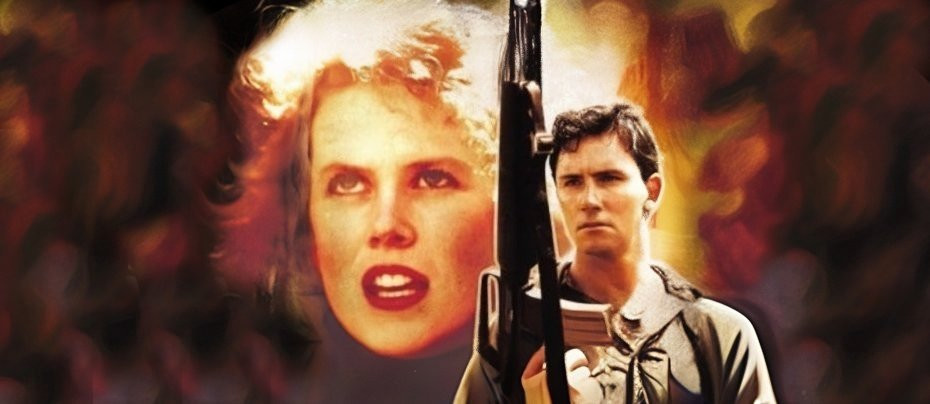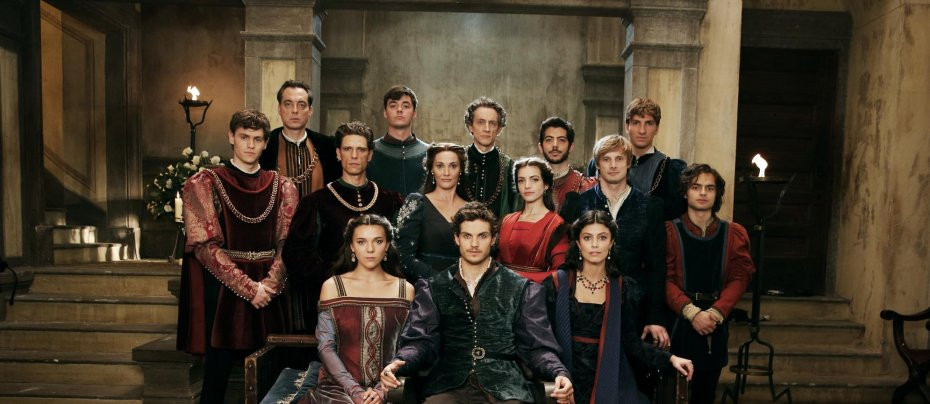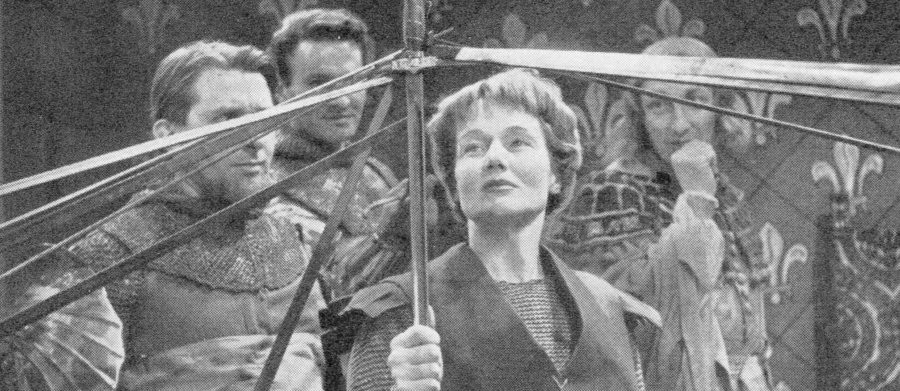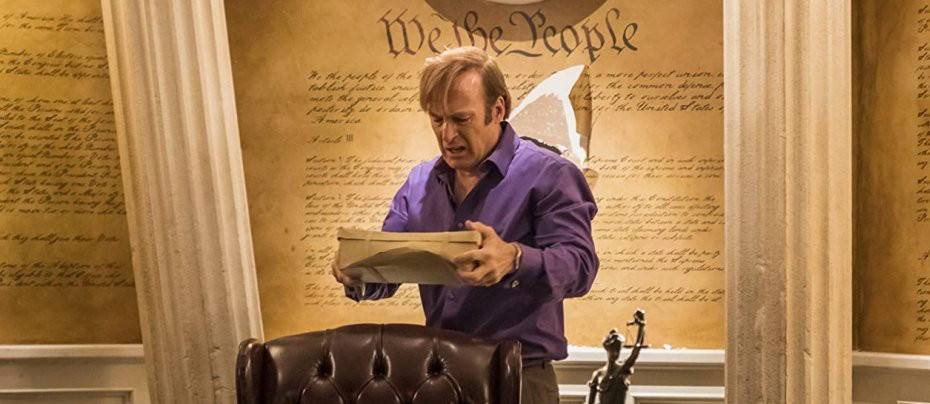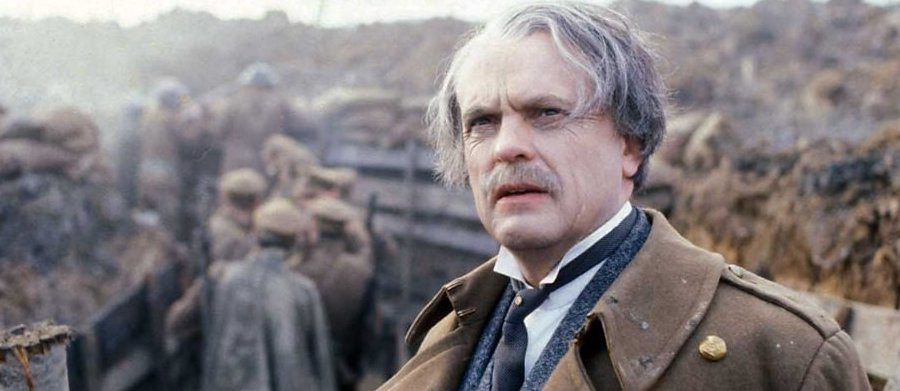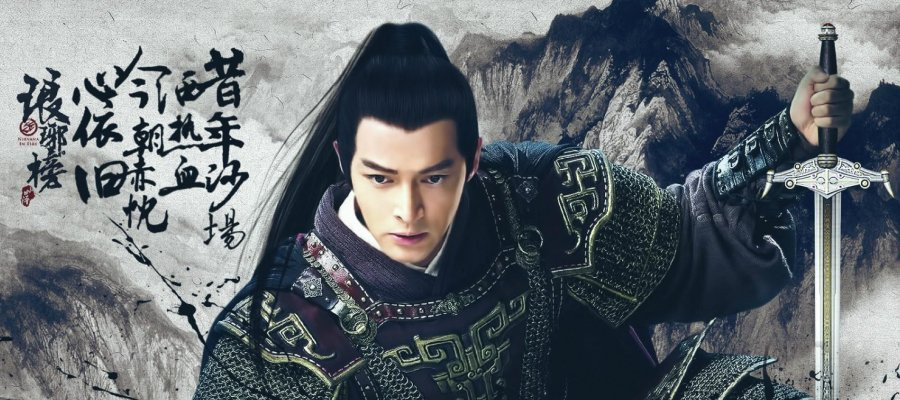
Nirvana in Fire
2015 - ChinaA Riveting Epic of Revenge, Redemption, and Political Intrigue
Few dramas manage to blend meticulous political scheming, heartfelt emotion, and historical grandeur as masterfully as Nirvana in Fire (Lángyá Bǎng), a 2015 Chinese television series that has rightfully earned its place as a modern classic. Set in the 6th century during the turbulent conflict between the Northern Wei and Southern Liang dynasties, the series is an intricately woven tale of betrayal, loss, and justice — anchored by a compelling central performance and outstanding production values.
At the heart of the narrative is Lin Shu (Hu Ge), the son of heroic general Lin Xie, whose Chiyan Army was unjustly exterminated by imperial decree after being framed for treason. Surviving through the poisonous aftermath, Lin Shu is physically transformed and re-emerges twelve years later as the enigmatic strategist Mei Changsu. Under a new identity, he returns to the imperial court — not for vengeance in the traditional sense, but to right historic wrongs, clear his family’s name, and assist his childhood friend Prince Jing in ascending the throne.
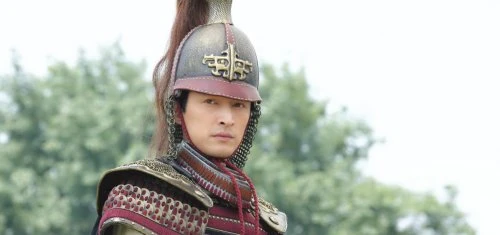
What follows is a cerebral and emotionally resonant game of political chess. The brilliance of Nirvana in Fire lies not in grand spectacle, but in its quiet power: whispered conversations, coded glances, strategic manoeuvres. The drama's slow-burn approach might frustrate those expecting immediate action, but rewards viewers with an elegant, suspenseful narrative that pays off richly.
Lin Shu is one of the most complex protagonists in Chinese television history. Haunted by grief, compromised by illness, and fuelled by purpose, his every decision is burdened by both duty and sacrifice. His duality — the tactician guiding events from the shadows, and the loyal son carrying the memory of his slain father — is portrayed with depth and quiet intensity. His relationship with Prince Jing (Wang Kai), the noble and unbending warrior unaware of his friend’s true identity, forms the emotional core of the series.
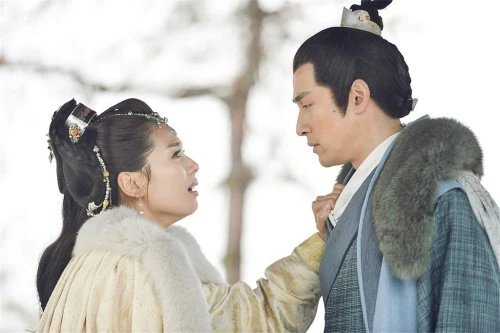
The supporting cast is equally compelling. Each character, regardless of screen time, is sharply defined and contributes to the show’s intricate web of alliances and betrayals.
Visually, Nirvana in Fire is sumptuous. The production design evokes the elegance of classical China, with ornate palace halls, richly detailed costumes, and sweeping cinematography. Yet it never feels excessive — everything serves the narrative. The score, too, is beautifully understated, enhancing key emotional moments without overpowering them.
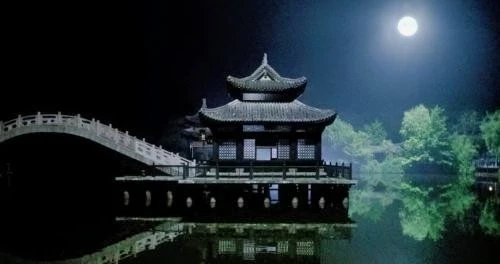
What truly elevates Nirvana in Fire beyond mere court drama is its philosophical undertone. The themes of honour, loyalty, and the price of truth are explored with maturity and subtlety. Unlike many historical dramas that rely on melodrama or romance, this series is grounded in intellect and strategy, respecting its audience's intelligence.
The show’s final chapters are deeply moving, as Lin Shu leads a final campaign, knowing it will cost him what little strength he has left. His quiet exit from history — unrecognised by the empire he saved — is as tragic as it is noble. The naming of the new “Chang Lin” army in his honour by the newly enthroned Prince Jing is a poignant conclusion to a story of silent heroism and enduring friendship.
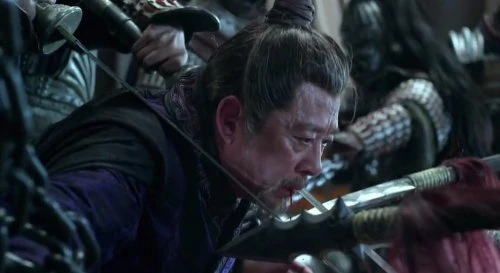
Commercially, Nirvana in Fire was a phenomenon—over 3.3 billion views on iQiyi and more than 3.5 billion mentions on Sina Weibo. But its true success lies in the way it captivated audiences through thoughtful writing and outstanding execution. Its accolades, including the Outstanding Television Drama Award at the prestigious Flying Apsaras Awards, are well deserved.
Nirvana in Fire is more than just a drama; it is a masterclass in storytelling. With its layered plot, memorable characters, and powerful emotional weight, it stands as one of the finest television series — Chinese or otherwise — of the 21st century.
Rating: ★★★★★
A hauntingly beautiful political epic that lingers long after the final episode.
Seen this show? How do you rate it?
Seen this show? How do you rate it?
Published on July 28th, 2025. Written by Laurence Marcus for Television Heaven.


